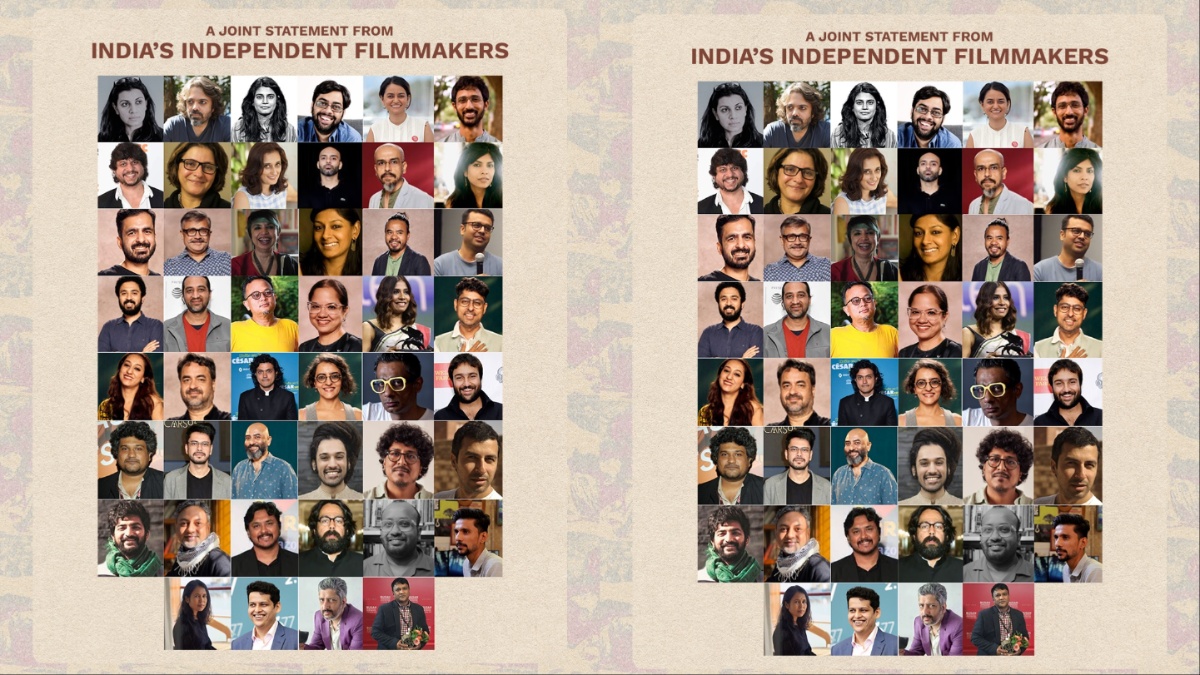Over the last decade, Indian independent cinema has carried the country’s creative identity to the world — premiering at Cannes, Venice, Berlin, Sundance, Locarno, Rotterdam and Busan. These films have expanded the idea of what Indian stories can be. They have been celebrated globally for their honesty, courage and craft.
And yet, within India, these films continue to fight simply to be seen.
This reality has resurfaced sharply with the limited release of Agra, directed by Kanu Behl. The film — acclaimed internationally, awarded at festivals, and embraced by cinephiles — has struggled to secure fair and accessible showtimes across multiplexes despite significant audience interest, extensive media coverage, and organic buzz.
But this is not about one film.
This is part of a long-standing systemic pattern affecting all independent films in India.
Small and mid-budget films across languages routinely face:
• Severely limited screenings
• Morning-only or weekday-only slots
• Sudden show cancellations
• A lack of transparency around programming decisions
• Imbalanced prioritisation of big-budget releases
Meanwhile, OTT platforms — once heralded as the democratic frontier — now increasingly rely on theatrical performance as a prerequisite for acquisition. This creates a closed-loop ecosystem where independent films are asked to “prove” themselves in theatres while simultaneously being denied theatrical access.
This is unsustainable.
This is shrinking India’s cultural space.
This is eliminating entire generations of independent filmmakers.
We are not demanding exceptional treatment.
We are demanding fair access — the right for Indian audiences to discover Indian films.
As a collective community of filmmakers, writers, producers and artists working across regions, we urge exhibitors, OTT platforms, policymakers and cultural institutions to address this crisis with structural reforms:
1. Equitable Showtimes
Guarantee minimum accessible show slots — including at least one post-6 PM screen — for all Indian independent films releasing theatrically.
2. Transparency in Programming
Publish the criteria for screen allocation across chains to ensure fairness and accountability.
3. Independent Film Showcase Cycles
Institutionalise monthly or quarterly indie cycles that allow discovery, visibility and audience-building.
4. Public–Private Exhibition Support
Partner with state-run cultural centres, art institutions and alternative screening venues to create a national circuit for independent films.
5. OTT Acquisition Parity
Establish pathways for independent films where theatrical performance is not the sole determinant for streaming acquisition.
We offer this statement with respect, seriousness and urgency.
No antagonist. No blame.
Only the collective need for a healthier system.
India’s independent films have shaped the way the world sees us.
It is time for us to shape a system where our own audiences can see us too.
Signed,
Members of India’s Independent Film Community
)